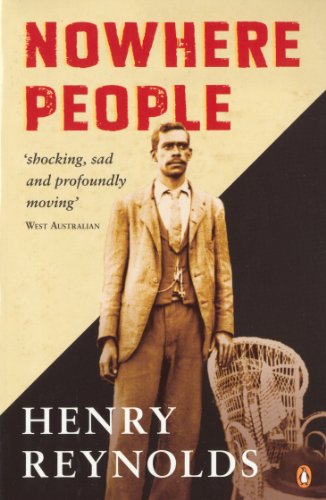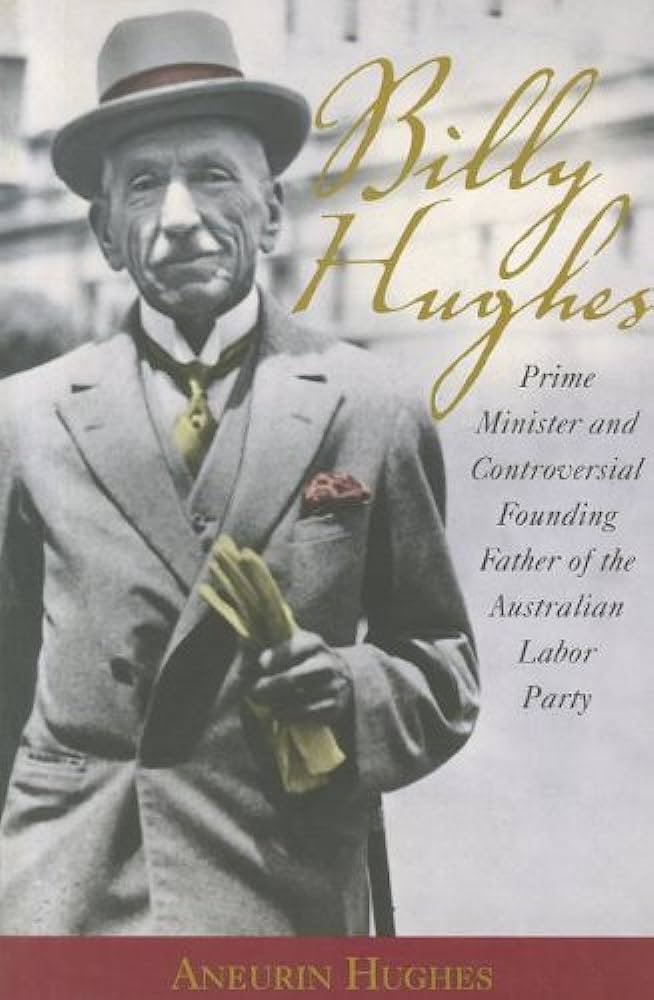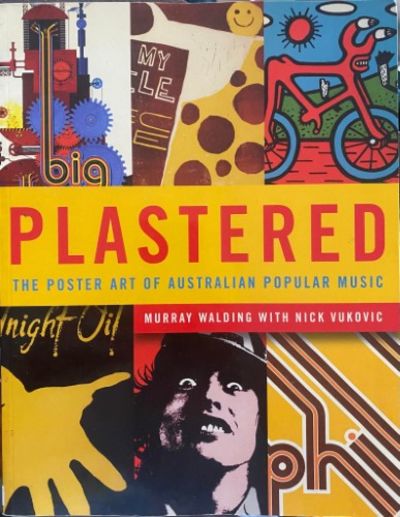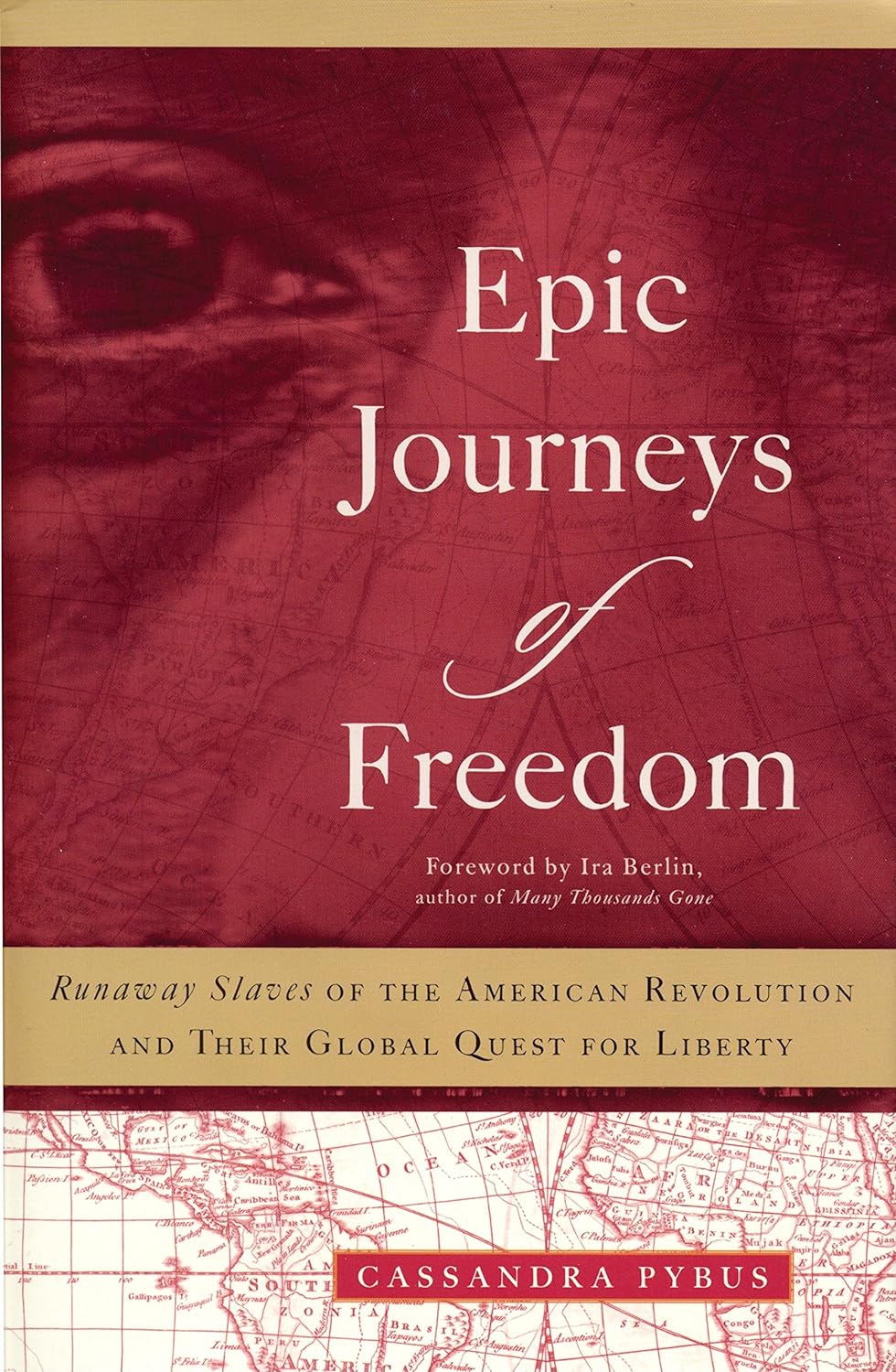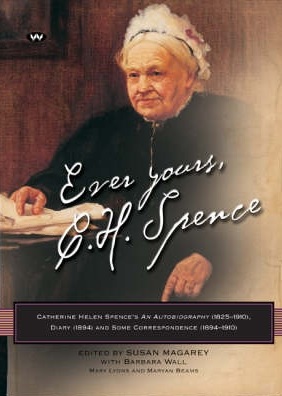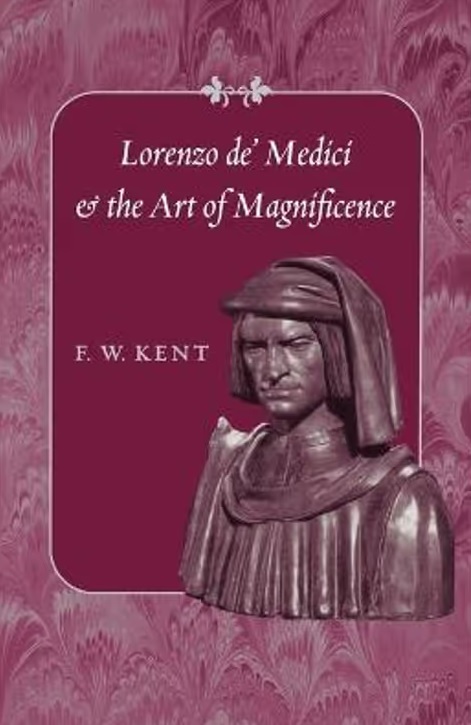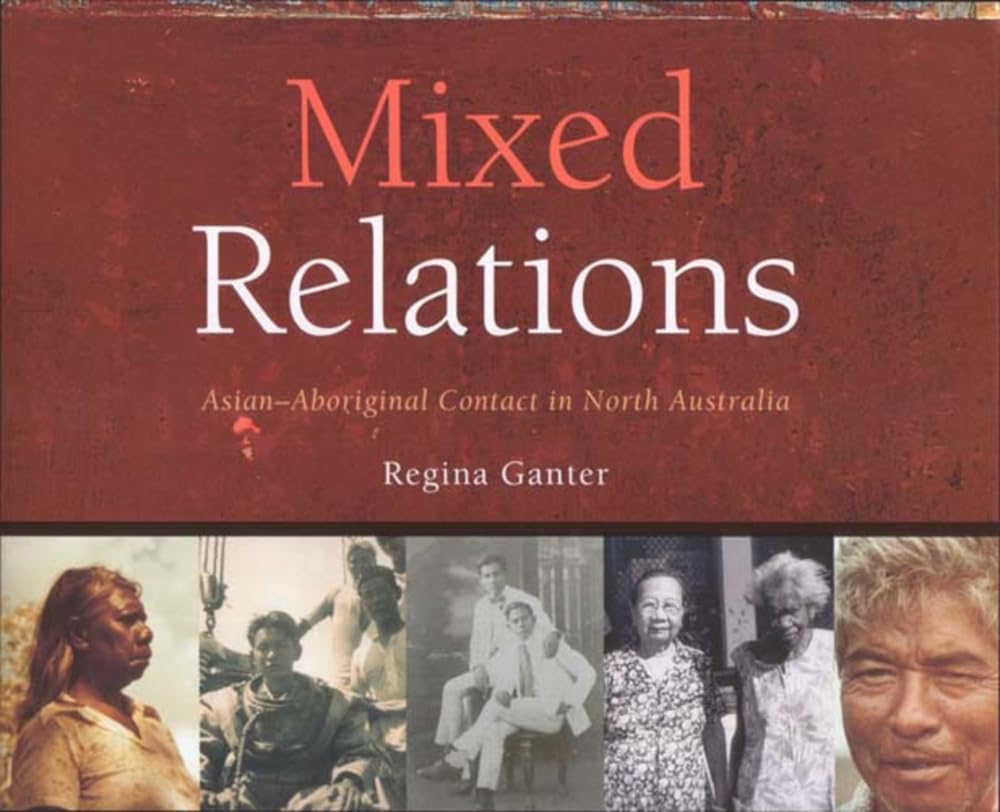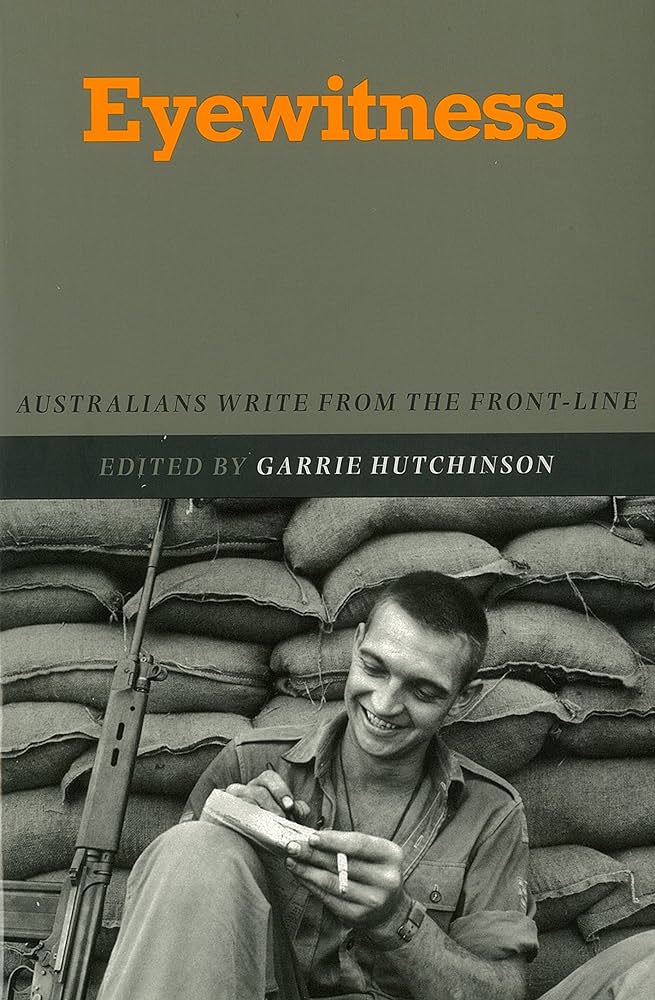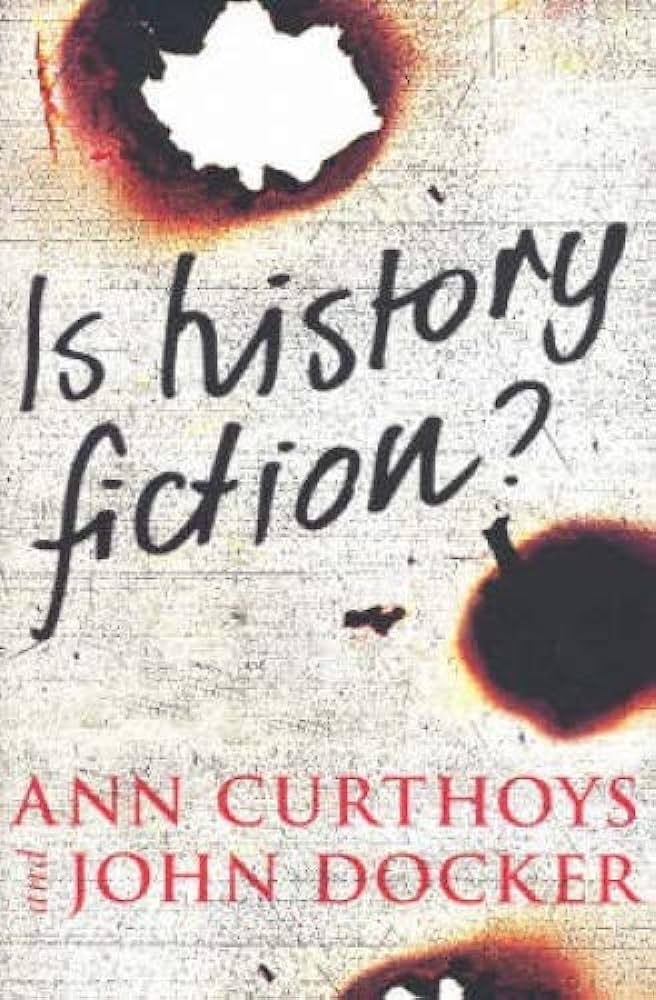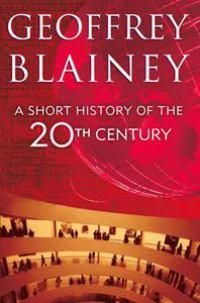History
In 1936, West Australian MP Leslie Craig stated in parliament that the (then) current figure of Aboriginal ‘half-castes’ in Australia – approximately 4000 – would soon number 40,000 if something were not done to stem the tide of this growing problem. Seventy years later, in 2006, a federal member of parliament has suggested that Australia is in danger of ‘aborting itself out of existence’ and becoming ‘a Muslim nation in fifty years’ time’ – and this only a few months after the Cronulla race riots. It is clear that race-based fears are still prevalent in our predominantly white Australia. Henry Reynolds’s latest book, Nowhere People – like most of his books – is as much an analysis of our contemporary society as it is an historical examination of how international theories of race shaped Australia’s identity over the past 218 years.
... (read more)Billy Hughes: Prime Minister and controversial founding father of the Australian Labor Party by Aneurin Hughes
Major historical figures generally attract multiple biographies. Napoleon and Nelson have, reputedly, amassed more than 200 biographies each – with successive waves of interest reflecting the constant need for reinterpretation. But at some point we must strike a declining marginal utility as we tally the titles – biography as running soap opera appears a postmodern accoutrement. In Australia, we have not yet managed to produce a biography of each prime minister – then along comes another on the ‘Little Digger’ Billy Hughes (1862–1952), without doubt one of our most colourful political leaders and written-about subjects. If not 200 titles, then there is certainly a small bookshelf full of respectable studies and serious essays on him, not to mention his own books and the many cameo appearances he makes in political memoirs and other works of his generation. So, do we need another interpretation? Indeed, does this ‘short life’ of ‘King Billy’ offer a new interpretation? Why did Aneurin Hughes – his namesake but no relation, and more on that later – commit to this laborious project?
... (read more)Plastered: The poster art of Australian popular music by Murray Walding (with Nick Vukovic)
Plastered makes an ambitious claim for band posters ‘as barometers of cultural relevance [which] can offer real-time social commentary and political satire’. Although the book never quite substantiates this claim, it is a valuable work, not least because of its beautiful reproductions of band posters. Most of the posters derive primarily from the collection of Nick Vukovic, an inveterate collector. Vukovic is so keen to show off his collection that even posters of little artistic value, ‘designed to get bums off seats and nothing more’, are impeccably and inexplicably reproduced in the book.
... (read more)Epic Journeys of Freedom: Runaway slaves of the American revolution and their global quest for liberty by Cassandra Pybus
Until about twenty years ago, historians of colonial North America were writing about it as ‘this strange New World’. Whether because of distance or a native frontier, inflated (or skewed) visions, J. Hector St John de Crèvecoeur’s new man, the American, was thought to have been born on an unknown and therefore malleable physical and institutional landscape. Everything could, as it were, begin from scratch – and that’s the way the Americans wanted it. Today, historians have repositioned the colonies within the seventeenth – and eighteenth – century Atlantic World. In these studies, North American colonials simply lived English, Dutch and French lives overseas. It was not just that they replicated the home country’s customs and institutions in Philadelphia, Charleston or Montreal: that we’ve known. They used an available Atlantic World: black slaves ran to British ships on the Atlantic and served as sailors; New England merchants travelled to the Caribbean; Dutch New Netherlanders as assiduously carried on business with Amsterdam wholesalers as with retailers on Manhattan Island; British soldiers stationed on the African coast found themselves shipped to South Carolina.
... (read more)Ever Yours, C.H. Spence: Catherine Helen Spence’s an autobiography (1825–1910), diary (1894) and some correspondence (1894–1910) edited by Susan Magarey
As Nicholas Jose observed in the November 2005 issue of ABR, the face of South Australian novelist Catherine Spence, currently featured on our $5 note, circulates much more widely than any of her books. Like those of several other nineteenth-century Australian women writers, Spence’s novels were revived in the 1980s but are now once again out of print. So this new edition of her autobiography, extensively annotated and accompanied by letters and a diary never before published, is especially welcome.
... (read more)In October 2005, Monash University hosted a workshop on Australians in Italy at its Centre in the Palazzo Vaj in Prato. Australians in Italy were certainly visible in the week of the conference. Wall posters in Rome advertised the Macquarie Bank and an exhibition, Viaggio nella Provincia di Roma di una pittrice australiana, the paintings of the expatriate artist Janet Venn-Brown. In Florence, the invitation to the opening of an international exhibition of Women’s Art bore the image of Tracey Moffatt’s photograph Something More 1 (1989). The workshop in Prato included papers on artists, writers, returned migrants, the Catholic clergy – and a vignette on the best-known Australian in contemporary Italy, the supermodel Megan Gale. Also on the programme was the contribution of Australian scholars to Italian Renaissance studies. Now extending to three generations, their work is no longer subsumed under ‘British’, and references are to ‘American–British–Australian’ approaches and research. A member of the first generation, Bill Kent, through his own writing and his training of PhD students, is the crucial figure in the ‘piccola scuola australiana’ (‘piccola’ only when confronted with the North American Renaissance industry), just as he was in the establishment of the Monash Centre in Prato.
... (read more)Mixed Relations: Histories and stories of Asian–Aboriginal contact in north Australia by Regina Ganter (with Julia Martinez and Gary Lee)
In recent years, ‘White Australia’ has become an episode in Australian history whose inception, imperfect execution and demise must be explained. Regina Ganter and her coauthors dwell on its spatial, as well as temporal, limits. ‘In the far northern townships, the dominant lived experience was not of a white Australia but of a polyethnic one.’ In northern coastal towns – particularly Broome, Wyndham, Darwin, Normanton, Cooktown and Cairns – people from Asia flourished and whites were marginal. Indeed, the Asian presence in Australia preceded that of whites. The first two chapters of this vividly illustrated book show a long and intimate association between Macassans and Yolngu (Arnhem Land Aborigines). Yolngu now recognise some citizens of Indonesia as ‘family’, referring to actual lines of descent.
... (read more)Eyewitness: Australians write from the front-line by Garrie Hutchinson
It is one of life’s ironies that war can bring out the best in people, and writers are no exception. Picture Australian seaman Ray Parkin as he toiled like a slave for the Japanese on the Thai–Burma railway during World War II. Despite the brutality and privations, Parkin felt that the experience would ‘not be entirely wasted’ if he could somehow get his diary and drawings home when it was all over. These were crucial, for, as he wrote, ‘Memory is not enough’. Parkin’s reflections go to the kernel of oral versus written memory, and why humans write in the first place: to make a record that can speak by itself, even when the writer is dead. His words could also serve as an appropriate epigraph to Eyewitness, a collection of diaries, memoirs, correspondents’ reports and analysis, all composed by Australians at ‘the front-line’ of wars and conflicts.
... (read more)In recent years, there has been significant public anxiety over Australia’s past, and historians have found themselves in the middle of a contest over increasingly urgent issues of historical narrative and approach. It has been a heated debate, encapsulated by a series of graphic and divisive metaphors proclaiming history’s ‘murder’, ‘fabrication’ and even the ‘killing of history’. While these so-called ‘history wars’ have come to dominate discussion of Australia’s past, the limitations of such debate are telling: history has been forced into opposing camps (left–right, black–white etc.); and examining contrasting readings of the past without falling into its prescribed lines of division now seems more difficult than ever.
... (read more)Geoffrey Blainey made his reputation as a prolific and accomplished economic historian, then turned to broader themes and wrote important analytical works, including The Tyranny of Distance (1966), The Causes of War (1973), The Triumph of the Nomads (1975), and The Great Seesaw (1988). When the so-called ‘history wars’ began in the 1980s, Blainey was characterised as an optimistic conservative, critical of ‘the black armband’ view of Australian history attributed to the more radical Manning Clark. I thought the differences between Clark and Blainey were grossly exaggerated. Paradoxically, Blainey took a serious interest in Aborigines and women’s issues long before Clark did.
... (read more)

